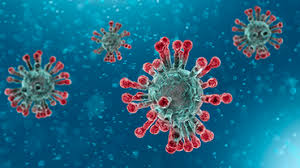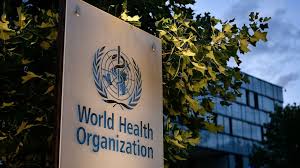By 2050, the world will see a whopping 77% increase in cancer cases: Report

NEW DELHI: By 2050, the global community as per World Health Organization (WHO) estimates will face a whopping 77 per cent increase in cancer cases.
A report by the WHO's cancer agency, the International Agency for Research on Cancer (IARC) predicts that in a little more than two decades, we will see more than 35 million new cancer cases. This is a 77 per cent increase from the estimated 20 million cases recorded in 2022.
However, as per Dr Freddie Bray, Head of the Cancer Surveillance Branch at IARC, the impact of the increase "will not be felt evenly across countries."
In the report released ahead of World Cancer Day, which is observed on February 4th, the IARC predicted a massive increase in the global cancer burden.
"The rapidly growing global cancer burden reflects both population ageing and growth, as well as changes to people’s exposure to risk factors, several of which are associated with socioeconomic development," said the WHO in its press release.
It identified tobacco, alcohol, and obesity as the key factors driving the increasing incidence of cancer. Air Pollution was mentioned as a key driver of environmental risk factors.
Furthermore, it predicts that high HDI (Human Development Index) countries will experience the greatest absolute increase in incidence of cancer cases, with an additional 4.8 million new cases predicted in 2050 compared with 2022 estimates.
In a statement, the Head of the Cancer Surveillance Branch at IARC, said: "The impact of this increase will not be felt evenly across countries of different HDI levels. Those who have the fewest resources to manage their cancer burdens will bear the brunt of the global cancer burden."
As per WHO, global estimates reveal "striking inequalities" as per human development.
Dr Isabelle Soerjomataram, Deputy Head of the Cancer Surveillance Branch at IARC explains that "Women in lower HDI countries are 50 per cent less likely to be diagnosed with breast cancer than women in high HDI countries, yet they are at a much higher risk of dying of the disease due to late diagnosis and inadequate access to quality treatment."











